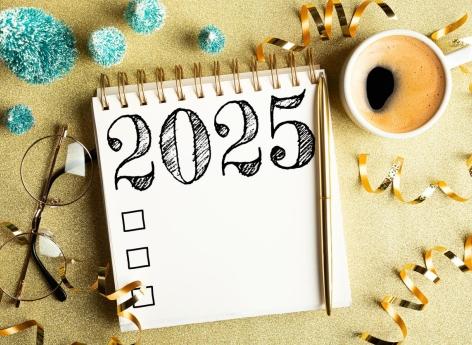It sometimes feels like you’re spending less when you buy online, is that really the case?

The year 2020, and its confinements, have pushed many French people to shop online. Thinking of saving money, for some the budget was finally started well beyond what was planned. What if it was the sign of an addiction?
Dematerialized purchasing increases the risk of addiction
The dematerialization of purchases is not new. With the arrival of the credit card, the phenomenon of dependence is already in place in some people who do not imagine the purchase of an object in the same way without the exchange of notes and coins.
Buying online increases the risk even more for some by dematerializing not only the exchange of money but also the physical gesture and the process of moving directly to the store. Made to simplify life, it promotes on the contrary an impulsive purchase and distracts the buyer from his real motivation.
Pay attention to your emotions when buying
Who has never filled their virtual basket and spent beyond their initially planned budget? Open 24 hours a day, online stores are made to present objects likely to appeal to visitors by creating a sense of urgency.
This type of impulse buying, made under the cost of emotion, triggers all the more a spike in dopamine, the neurotransmitter responsible (among other things) for addiction in the brain. In a difficult health context which deprives us of social relations and already creates a strong frustration, this type of purchase compensates for an affection for some.
Be careful, therefore, to set a budget (and stick to it) before embarking on online purchases, not to compensate for your negative emotions, you are having fun otherwise, and possibly delay the purchase as much as possible to avoid the impulse .
Find out more: “Purchasing fever. the compulsive buying syndrome”, by Jean Ades and Michel Lejoyeux, editions Preventers from thinking in circles.
.














